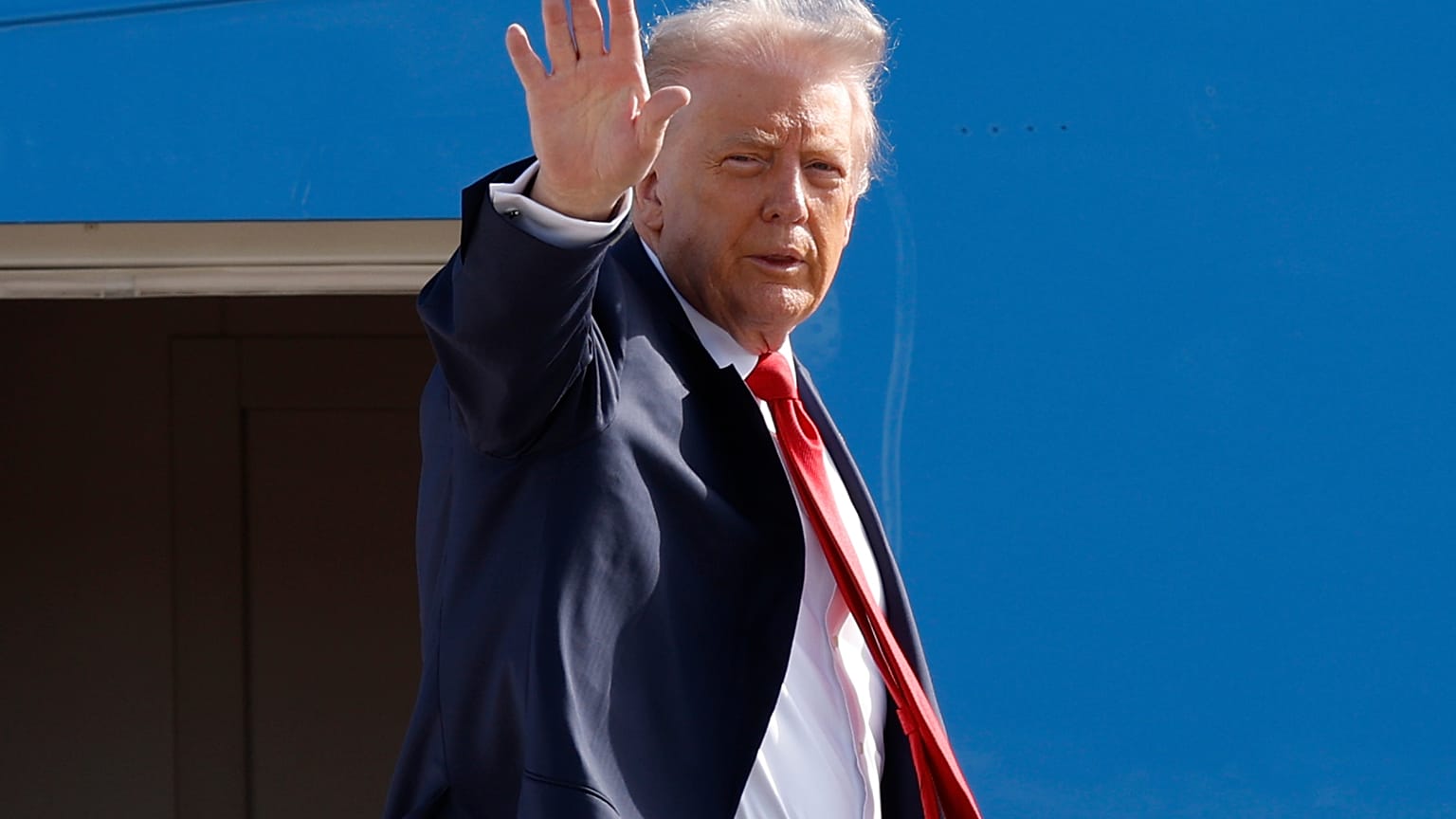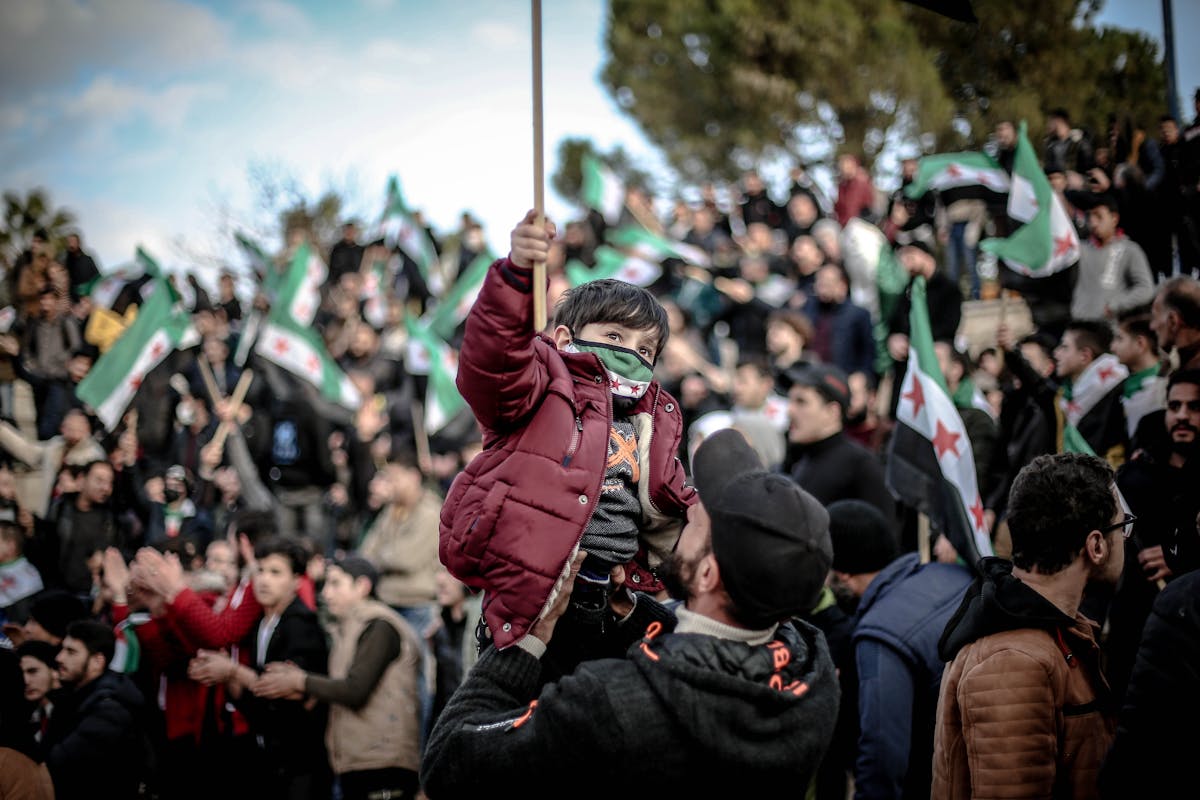The departure of Sébastien Lecornu has created a considerable gap within the French government, leading to increased conjecture about President Emmanuel Macron’s future actions in dealing with France’s present political unrest. Following the exit of the nation’s Defense Minister, France’s political scene encounters another hurdle, further complicating the tense atmosphere surrounding Macron’s administration. As public dissatisfaction rises, Macron’s choices in the upcoming weeks will play a vital role in determining the direction of his government and the steadiness of France’s political framework.
Lecornu’s exit and Macron’s political turning point
Over the past few years, France has experienced significant political instability, with protests, strikes, and various public demonstrations spotlighting the widening gap between the government and its citizens. Lecornu’s resignation, a prominent member of Macron’s cabinet, is perceived as another sign of the mounting challenges Macron encounters in keeping his government stable. Lecornu’s exit involved both political and personal aspects, indicating a worsening of the issues confronting the current administration.
Lecornu’s resignation comes at a time when President Macron is already under intense pressure from both political opponents and citizens. The French public’s dissatisfaction with Macron’s policies has been evident for some time, with many questioning his leadership and the direction of the country. With Lecornu stepping down, the spotlight now shifts to Macron, who must navigate these turbulent waters and make critical decisions that will have long-term consequences for his presidency and the country as a whole.
Macron’s leadership faces increasing examination
The departure of Lecornu occurs during a period when President Macron’s influence is already diminishing. Macron, initially elected in 2017 with a pledge of political transformation, has witnessed a decline in his approval ratings in recent years. His initiatives, especially concerning pensions and employment legislation, have faced significant resistance and provoked demonstrations nationwide. Although Macron’s administration insists these changes are crucial for the nation’s economic prospects, many view them as elements of a larger neoliberal strategy that emphasizes cost-cutting over public welfare.
The growing discontent with Macron’s leadership has been particularly pronounced among the working class, with many feeling that the president’s policies have failed to address their concerns. The resignation of Lecornu is seen by some as a reflection of this broader frustration with Macron’s administration. Lecornu, who had previously been seen as a loyal supporter of Macron, was often tasked with overseeing defense and security matters, areas that have been pivotal in maintaining the stability of the French government.
Macron’s handling of Lecornu’s resignation will be closely watched, as it will provide key insights into his ability to manage his administration during a period of political instability. The decision to accept or reject Lecornu’s resignation will send a powerful message to both the public and political insiders about Macron’s ability to maintain control and navigate through difficult political waters. This event also raises questions about the future direction of Macron’s policies, particularly in relation to his party’s internal dynamics and the broader political landscape in France.
The likelihood of further turbulence in the political environment
The political climate in France remains tense, and Lecornu’s resignation could be just the beginning of further challenges for Macron. With his approval ratings hovering at historic lows, the pressure on the president to act decisively has never been greater. The French political system is currently at a crossroads, and Macron’s next moves will be pivotal in determining the country’s political future.
If Macron fails to address the growing dissatisfaction with his government, he risks alienating further segments of the electorate and potentially facing more widespread protests. The political unrest that has unfolded in recent years has been driven by a combination of factors, including economic inequality, disillusionment with the political elite, and frustration with the government’s handling of social issues. Macron’s ability to address these concerns will play a significant role in whether France can avoid further instability or whether the political crisis deepens.
Furthermore, Lecornu’s departure underscores a broader challenge for Macron’s administration: the struggle to keep unity within his own political group. Although Macron’s party, La République En Marche (LREM), has made notable progress since its inception in 2016, it is growingly divided. Lecornu’s resignation can be viewed as an indication of this fragmentation, with different groups within the party competing for power and finding it difficult to uphold a unified political approach. This internal conflict might further complicate Macron’s attempts to address the political hurdles in the future.
The growing pressures on Macron’s presidency
In the future, the political climate in France is expected to change quickly. The decisions taken by Macron and his administration will significantly impact the nation’s future. Confronted with numerous intricate issues, such as economic strains, public discontent, and increasing political division, Macron’s capacity to adjust and take decisive action will be crucial. This will ultimately decide if France can achieve political stability or if the unrest will intensify.
Lecornu’s departure is merely part of a series of occurrences that have unsettled the political scene in France in the past few years. Although Macron’s term has been characterized by notable accomplishments and disputes, his skill in preserving political steadiness amid rising challenges will be essential in defining his historical impact. The upcoming months will probably bring closer examination of his leadership and political tactics, along with heightened calls for change and responsibility.
For Macron, the task will involve finding a middle ground between upholding his plans for reform and responding to the worries of the French citizens. His upcoming actions will be scrutinized, as they will decide if he can rebuild his credibility and win back the people’s trust. The political turmoil in France is still ongoing, and Macron’s skill in managing this challenging time will shape his future as a leader.
Macron’s crucial choices for the upcoming years
The resignation of Sébastien Lecornu has intensified the political turmoil surrounding Macron’s presidency, raising questions about his leadership and the future direction of the country. As France continues to face widespread political unrest, Macron must find a way to unite his party, restore public trust, and address the growing dissatisfaction with his policies. The coming months will be crucial in determining whether France can overcome its current political challenges or whether the turmoil will deepen, potentially jeopardizing Macron’s legacy as president.





